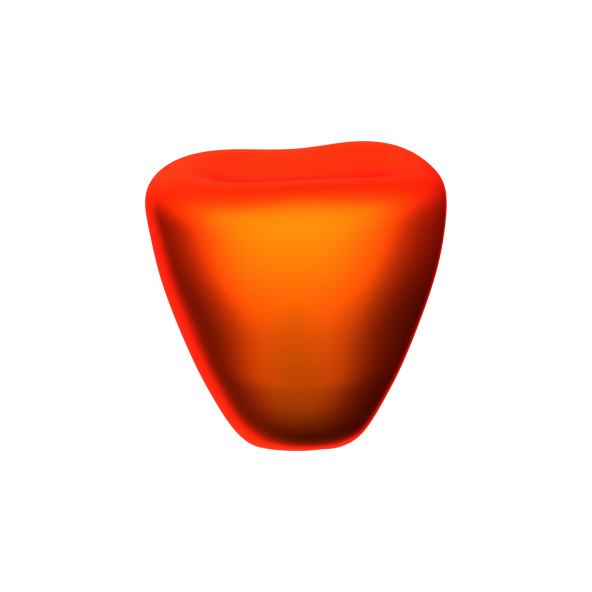 For those of us who like to avoid prescription drugs, finding natural remedies and treatments can be quite challenging. Like prescription drugs, natural treatments aren’t always guaranteed to work and there are usually conflicting studies on whether or not they are effective. It’s possible that not every condition can be treated naturally, and it’s also likely that things many people believe to work don’t.
For those of us who like to avoid prescription drugs, finding natural remedies and treatments can be quite challenging. Like prescription drugs, natural treatments aren’t always guaranteed to work and there are usually conflicting studies on whether or not they are effective. It’s possible that not every condition can be treated naturally, and it’s also likely that things many people believe to work don’t.
The best way to determine if a supplement or natural treatment works for you is through trial and error. Of course, you always want to talk to your doctor before a new regimen because not all herbal or natural remedies and treatments are safe for extended use or in certain dosages.
One of the conditions people want to treat naturally is an enlarged prostate. There are natural remedies touted to work, but often results are inconclusive. Some of the most popular forms or treatments, for example, like saw palmetto, have been shown by studies to be relatively ineffective for treating the condition. So what are you supposed to do? Who are you supposed to believe?
An enlarged prostate is common in men as they age. It creates pressure around the urethra making it difficult to urinate or have other implications for the bladder. Thankfully, an enlarged prostate does not increase the risk for bladder cancer. And although it’s a very common condition in men over 40—it seems to be a natural life occurrence—only a small percentage of men (less than half) display any symptoms.
Symptoms of an enlarged prostate gland, or benign prostatic hyperplasia (BPH), are:
- Dribbling at the end of urination
- Inability to urinate
- Incomplete emptying of the bladder
- Incontinence
- Having to urinate multiple times in the night
- Pain during urination
- Bloody urine
- Strain to urinate
- Slow start to urination
- Sudden urges to urinate
- Weak urine stream
If you’ve got some of these symptoms and are looking for something to treat it, here are a few natural remedies that can be effective in some instances. Talk to your doctor and see if they work for you.
Beta-sitosterols can help improve urine flow and empty the bladder. They are also good for cholesterol, so if you have high cholesterol they are a sound option. These supplements are basically plant cholesterol, and are even used to fortify certain foods like margarine to lower cholesterol levels. An effective dosage would be somewhere in the 60-130 mg range per day.
Another product that might be able to offer some benefit is an herbal remedy bark extract called pygeum. It’s been noted to help reduce the amount of times someone gets up during the night to urinate, while also improving urine flow. Try a dosage in the 75-200 mg per day range for best results.
Rye grass pollen extract might relax muscles along the urinary tube and help bladder muscles contract. It may also offer other benefits like less waking to urinate during the night and less dribbling following urination. Try using it for up to six months and see if it works. After six months, take a break before resuming use.
Saw palmetto is an herbal extract typically used to treat BPH but some studies have found it has little to no impact. That being said, other studies have found it effective. If you’ve been taking it and noticed an improvement, I see no reason to stop. However, there are other options that can also be effective. If it’s not working for you, try an alternative and find what works.
It’s also important to remember that the FDA doesn’t regulate supplements and herbal remedies. Make sure you’re buying potent ingredients from a trusted retailer and not simply looking for the best price. Also, certain remedies and supplements can have negative reactions with other medication you might be taking, so always talk to your doctor before beginning a new supplement/herbal remedy regimen.
Sources:
Wilt, T., “Beta-sitosterols for benign prostatic hyperplasia,” National Institutes of Health, 2000; http://www.ncbi.nlm.nih.gov/pubmed/10796740, last accessed March 4, 2014.
Wilt, T., “Pygeum africanum for benign prostatic hyperplasia,” National Institutes of Health, 2002; http://www.ncbi.nlm.nih.gov/pubmed/11869585, last accessed March 4, 2014.
“Benign Prostatic Hyperplasia,” University of Maryland Medical Center, December 15, 2011; http://umm.edu/health/medical/altmed/condition/benign-prostatic-hyperplasia, last accessed March 5, 2014.
